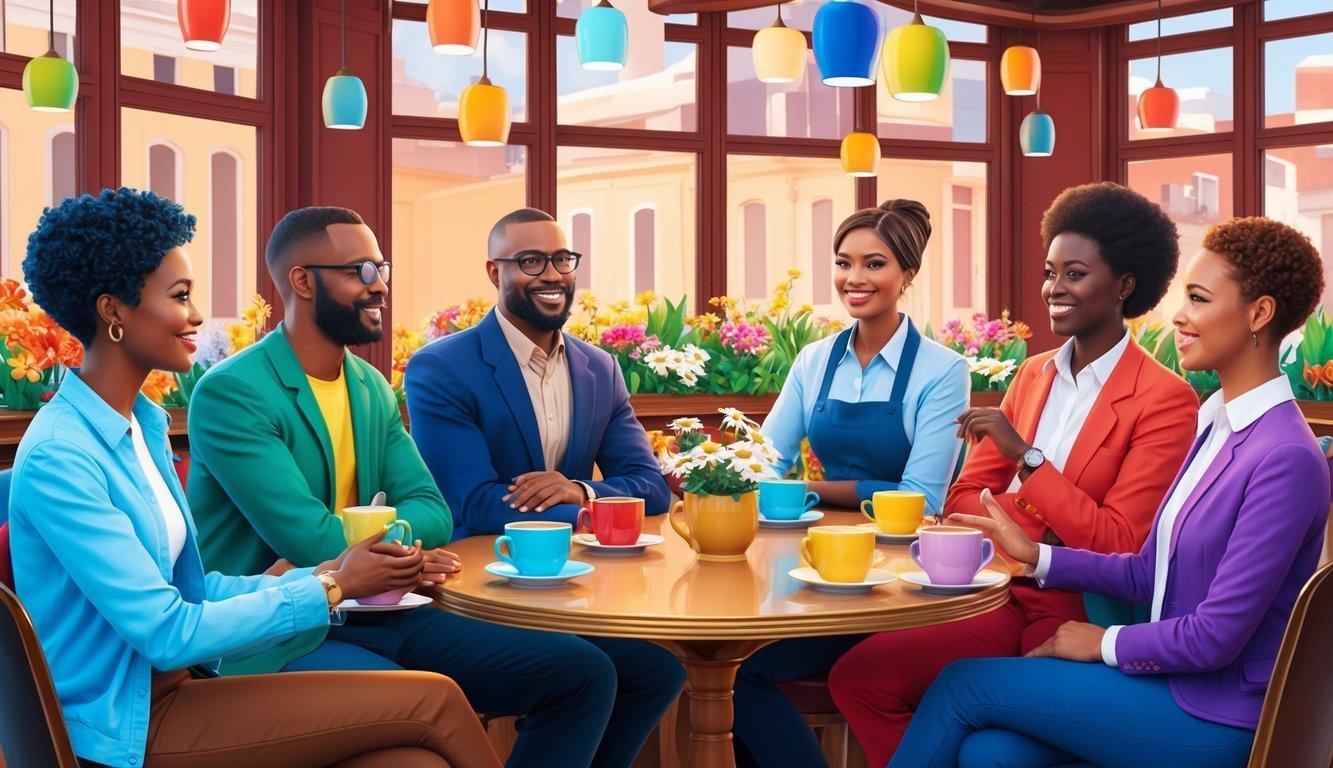“Gilmore Girls” often faces criticism from those who haven’t experienced its unique blend of humor and heart.
Yet, viewers who take the plunge quickly find themselves enchanted by its speedy dialogue, quirky characters, and sharp cultural insights.
The Revival and Cultural Critique
Originally, the show enjoyed moderate success on the CW, but it has seen a stunning revival thanks to DVD sales and streaming services, introducing it to fresh audiences.
As time has passed, however, certain elements of the show have come under scrutiny, sparking conversations about its portrayal of themes that may not align with current societal values.
The evolution of cultural awareness invites a reassessment of what kinds of humor and representation are considered appropriate today.
Patterson’s Reflection on Objectification
The “Me Too” Movement has shed light on the widespread issues of sexual harassment and objectification across genders, and this dialogue extends to the entertainment industry.
In a revealing moment during a podcast episode in 2022, Scott Patterson, who played the beloved Luke Danes on “Gilmore Girls,” opened up about his own experiences with objectification while on set.
As he revisits the series through his podcast, “I Am All In,” Patterson discusses each episode with a nostalgic eye.
But during a recent conversation, he was compelled to address a particularly awkward scene from Season 3 that left him feeling uncomfortable.
His co-host referred to the moment as “the butt scene” — a scene where Lorelai, played by Lauren Graham, and her friend Sookie, portrayed by Melissa McCarthy, have an extended chat about Luke’s backside following an unintended touch.
Upon hearing the discussion, Patterson admitted he found the scene quite unsettling and embarrassing.
He articulated that the treatment of his character felt objectifying, which was unsettling not only during filming but also in the aftermath as conversations swirled off-camera.
The Importance of Open Dialogue
Patterson shared that such an experience was both distressing and demoralizing.
While his co-hosts framed the scene as playful flirtation, Patterson felt that the focus on his character’s body undermined his dignity and respect.
He passionately asserted that objectification is harmful, irrespective of whether it targets men or women.
Although he didn’t express his discomfort at the time, the memory weighed on him.
Patterson reflected on the frustration he felt for not speaking up sooner.
Just because the scene was produced in 2003 doesn’t render it acceptable, he noted; mistreatment should never be tolerated.
He seized this moment to recognize the critical importance of discussing objectification openly, emphasizing that everyone deserves to feel respected and not degraded based on gender.
Patterson acknowledged that power dynamics in the industry complicate these conversations, but he believes it’s essential to address them nonetheless.
Patterson’s insights contribute to the vital ongoing dialogue about objectification in entertainment and society.
It’s invigorating to see figures like him using their platforms to tackle these significant issues, advocating for a culture built on respect and acknowledgment.
Listeners curious to dive deeper into Patterson’s perspective can check out the entire podcast episode, which offers an intimate look at his experiences.
Let’s celebrate these important conversations about objectification and commend Scott Patterson for fostering this critical dialogue in our culture.
Here is the transformed Gutenberg block based on your specifications:
Source: Upworthy


